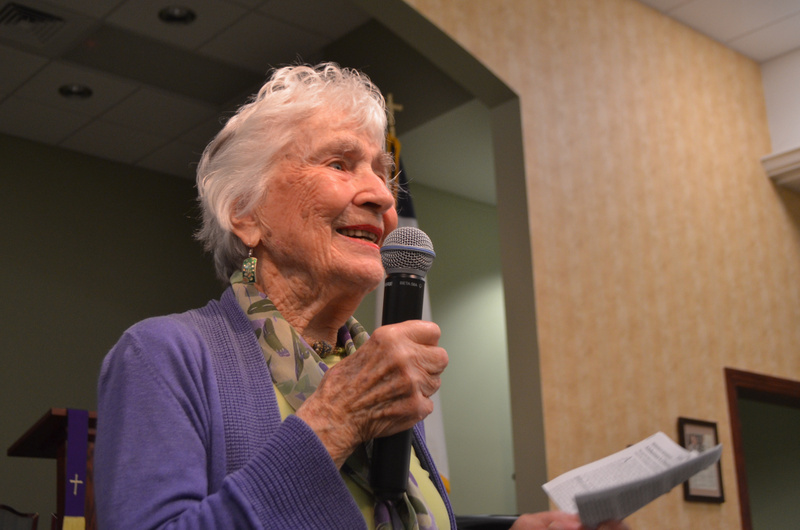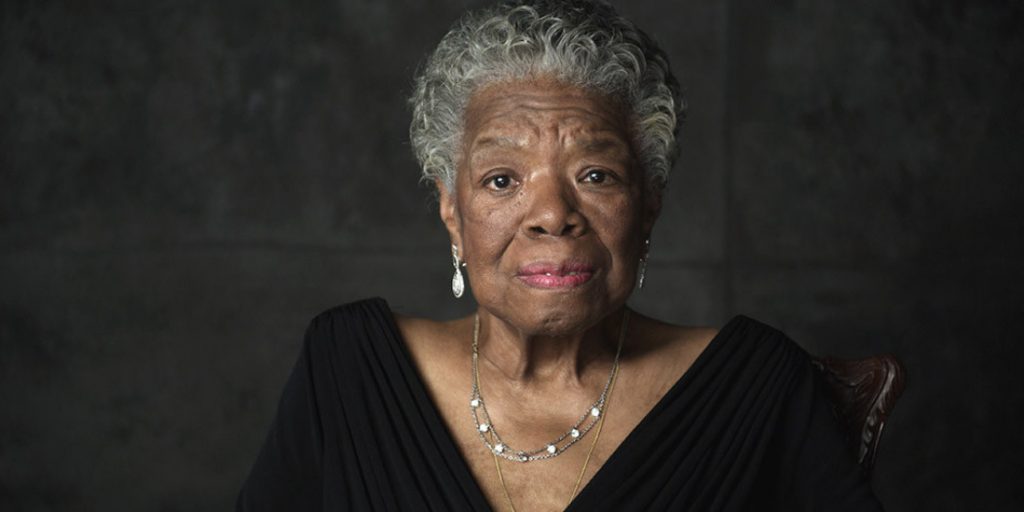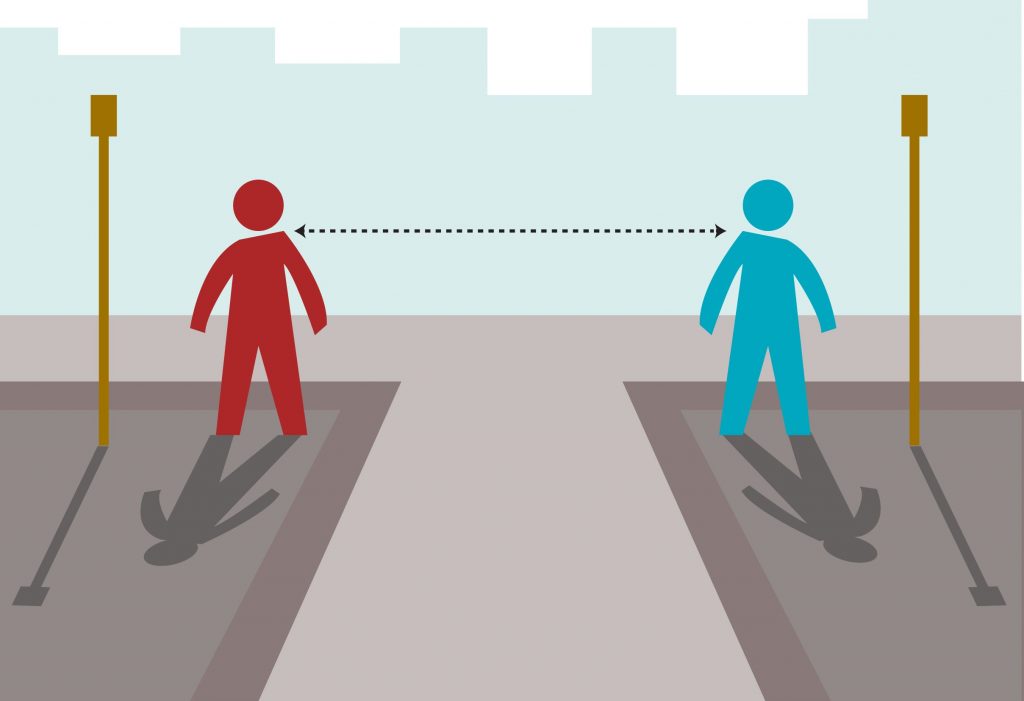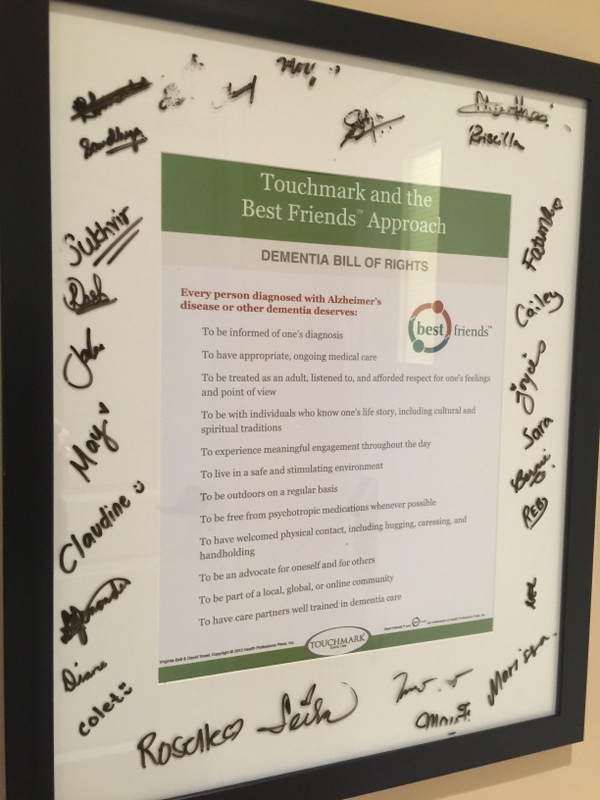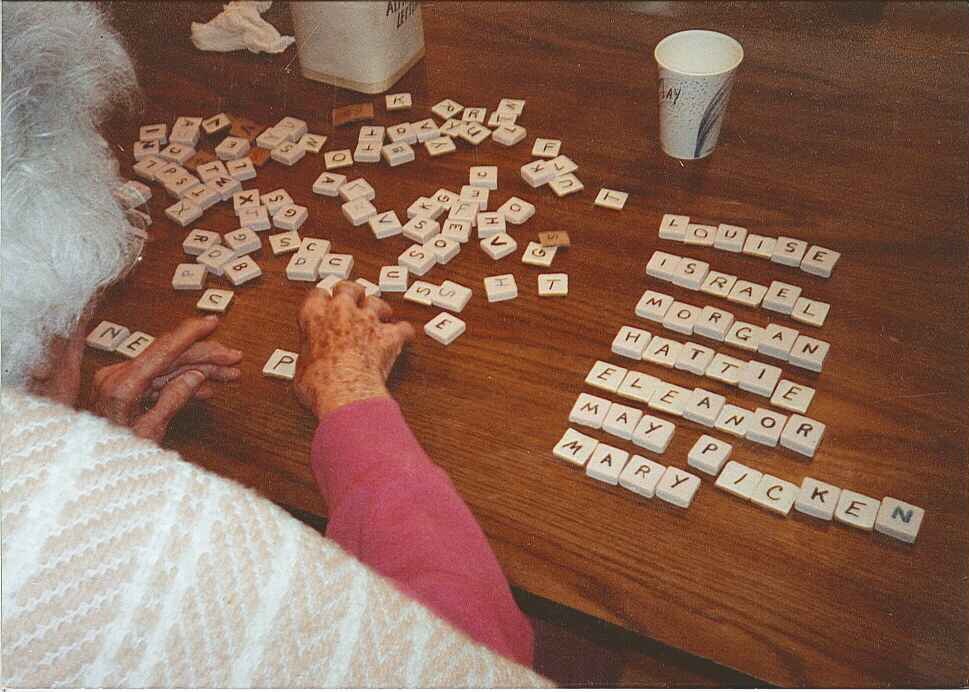Dr. Alois Alzheimer died in 1915, only seven years before I was born. The German psychiatrist and neuropathologist is known for identifying the first published case of the disease that bears his name. As I turn 100 years old, I feel fortunate to have my “wits about me” and to be able to work on a new book, volunteer for causes important to me, and navigate the Zoom menu well… Read More »
